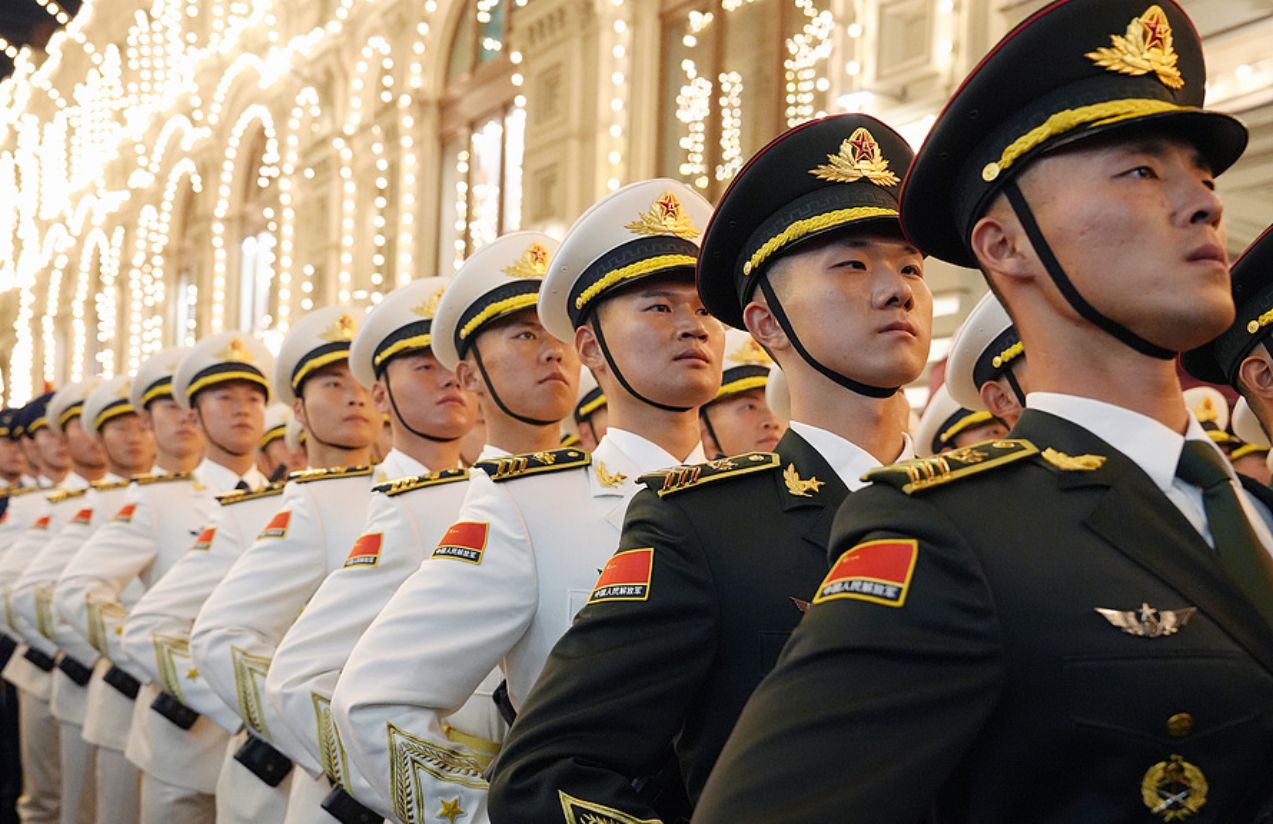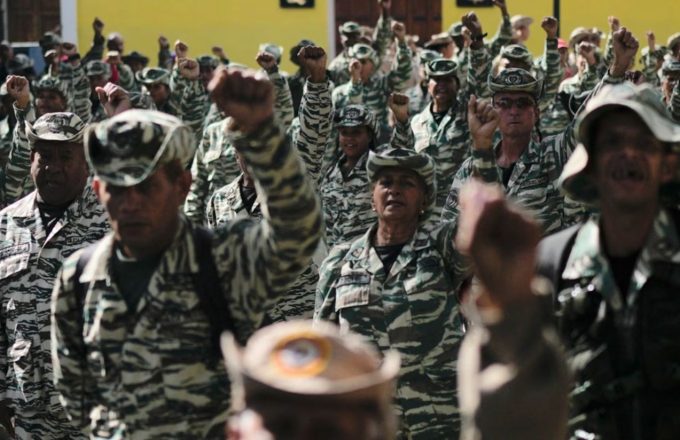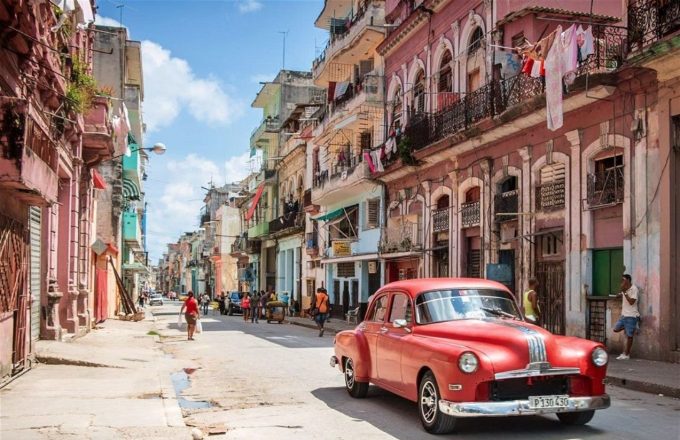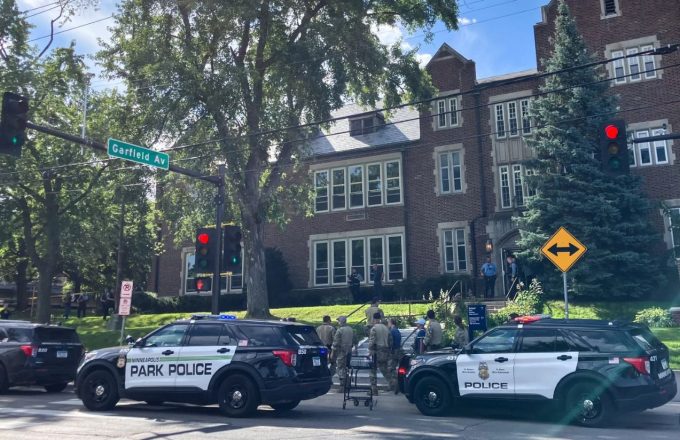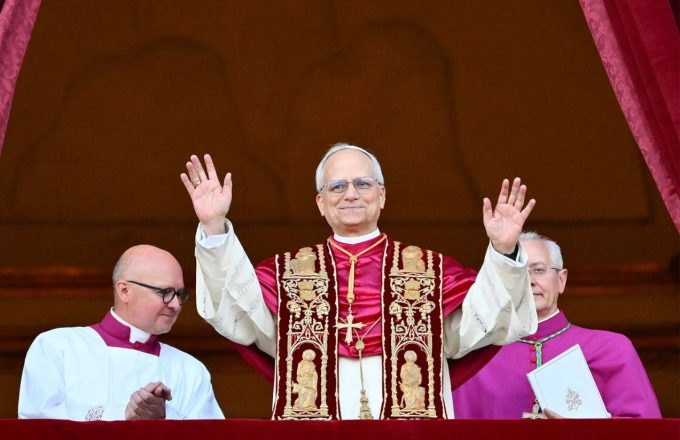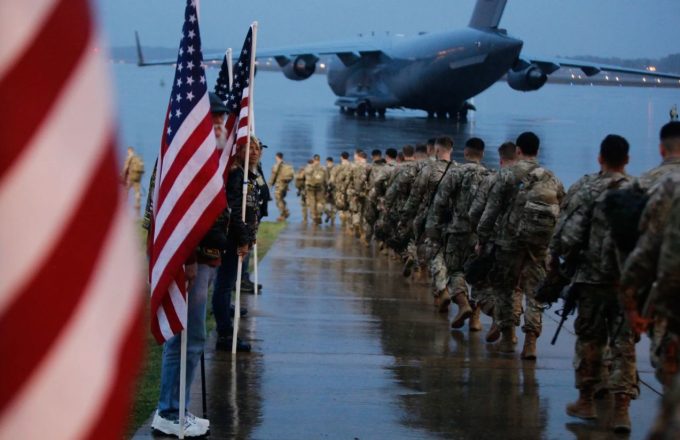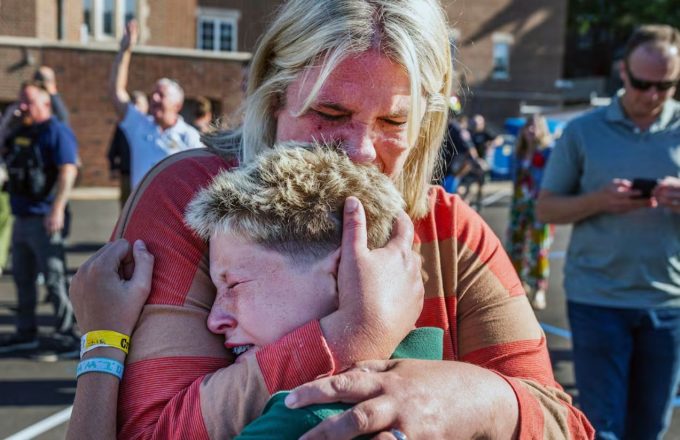China will mark the 80th anniversary of the end of World War II with a massive military parade in Beijing on September 3. President Xi Jinping is expected to attend, along with around two dozen foreign leaders, including Vladimir Putin, Kim Jong-un, and representatives from Iran, while Western leaders such as the U.S., Japan, and India have chosen to stay away.
The exhibition will feature weapons being shown publicly for the first time: hypersonic missiles, FH-97 stealth drones, mobile ICBMs like the DF-31AG and DF-41, as well as strategic land, air, and naval units. It will be the first major military parade in China since 2019, highlighting the country’s sustained modernization and ambition to project strength both domestically and internationally.
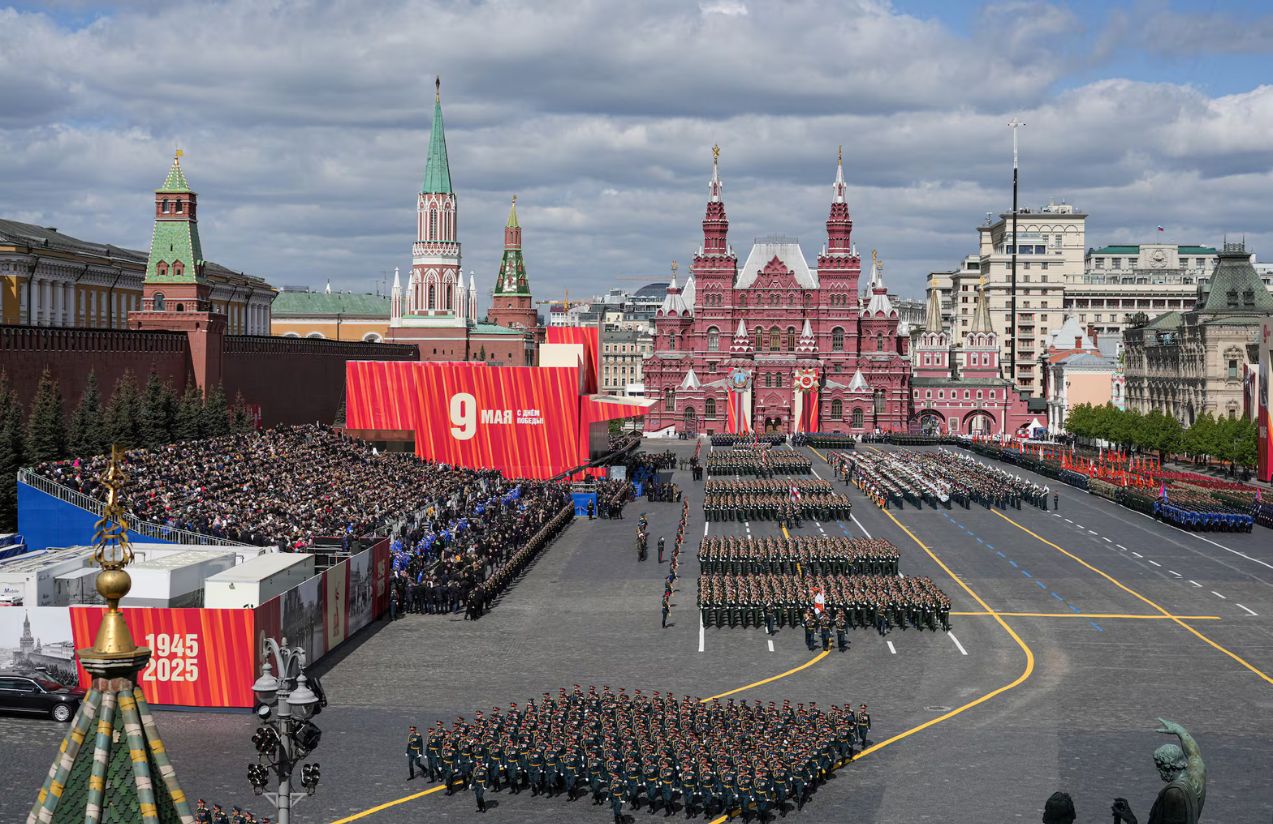
At home, the government reinforces the narrative of the “national dream” and the Communist Party’s legitimacy, largely through historic symbols and patriotic affirmations.
Why is this parade so significant now?
Because it represents much more than a military spectacle: it is a declaration of geopolitical power and a reaffirmation of Xi’s leadership in the face of the West, especially in the context of growing global tensions.


